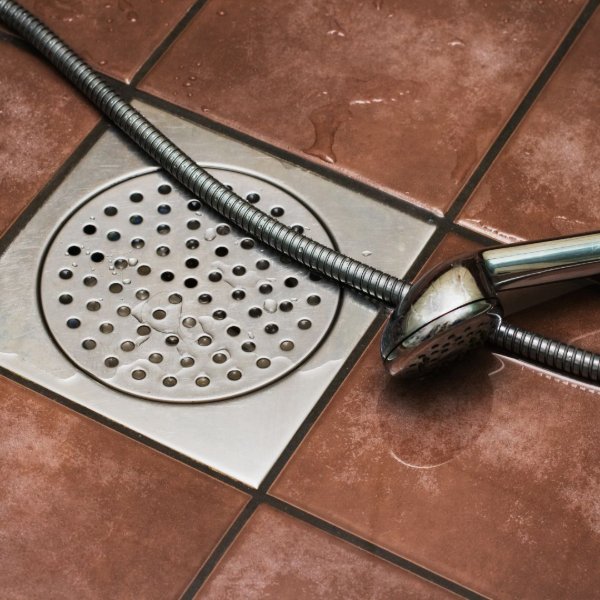Blog > Redoing Your Shower Flooring: Everything You Need to Know
Redoing Your Shower Flooring: Everything You Need to Know
Monday, June 16, 2025

Is your shower floor looking worn, outdated, or just not up to your style anymore? Redoing your shower flooring is one of the most impactful upgrades you can make to your bathroom. Beyond aesthetics, a new shower floor can improve safety, functionality, and even add value to your home. Before though you get started here is some important information to achieve incredible results:
Why Replace Your Shower Flooring in the first place?
Your shower floor takes a lot of daily wear and tear. Here are some common reasons why it may be time to replace it:
- Cracked or damaged tiles that could lead to leaks.
- Mold and mildew buildup that’s hard to clean.
- Outdated design that doesn’t match your current style.
- Slippery surfaces that pose a safety hazard.
Choosing the Right Shower Floor Material
When selecting new flooring, it’s important to balance style, durability, and slip-resistance. Here are some popular options:
Porcelain or Ceramic Tile
- Durable, water-resistant, and available in endless styles.
- Textured finishes provide good slip resistance.
- Easy to clean and maintain.
Natural Stone
- Offers a luxurious, spa-like feel.
- Pebble stone floors provide natural grip underfoot.
- Requires regular sealing to protect against water damage.
Mosaic Tile
- Small tiles with lots of grout lines add traction.
- Flexible design allows creative patterns and colors.
- Grout requires sealing to prevent staining.
Maintenance Tips After Installation
Once your new shower floor is in place:
- Clean regularly with a mild cleaner to prevent buildup.
- Reseal grout or stone surfaces as recommended (typically annually).
- Wipe down after use to minimize water spots and mildew.
Redoing your shower flooring can transform your bathroom into a fresh, clean, and stylish space. By choosing the right materials, ensuring proper installation with a company like Jason’s Carpet and Tile, and keeping up with maintenance, your new shower floor will provide beauty and functionality for years to come.
